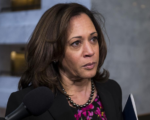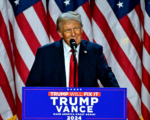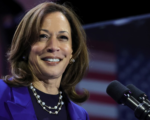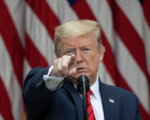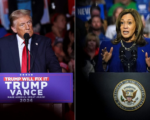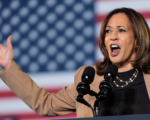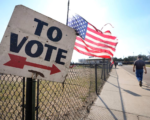Trump Campaigns in Deep Blue States, Eyes Fundraising and Media Attention
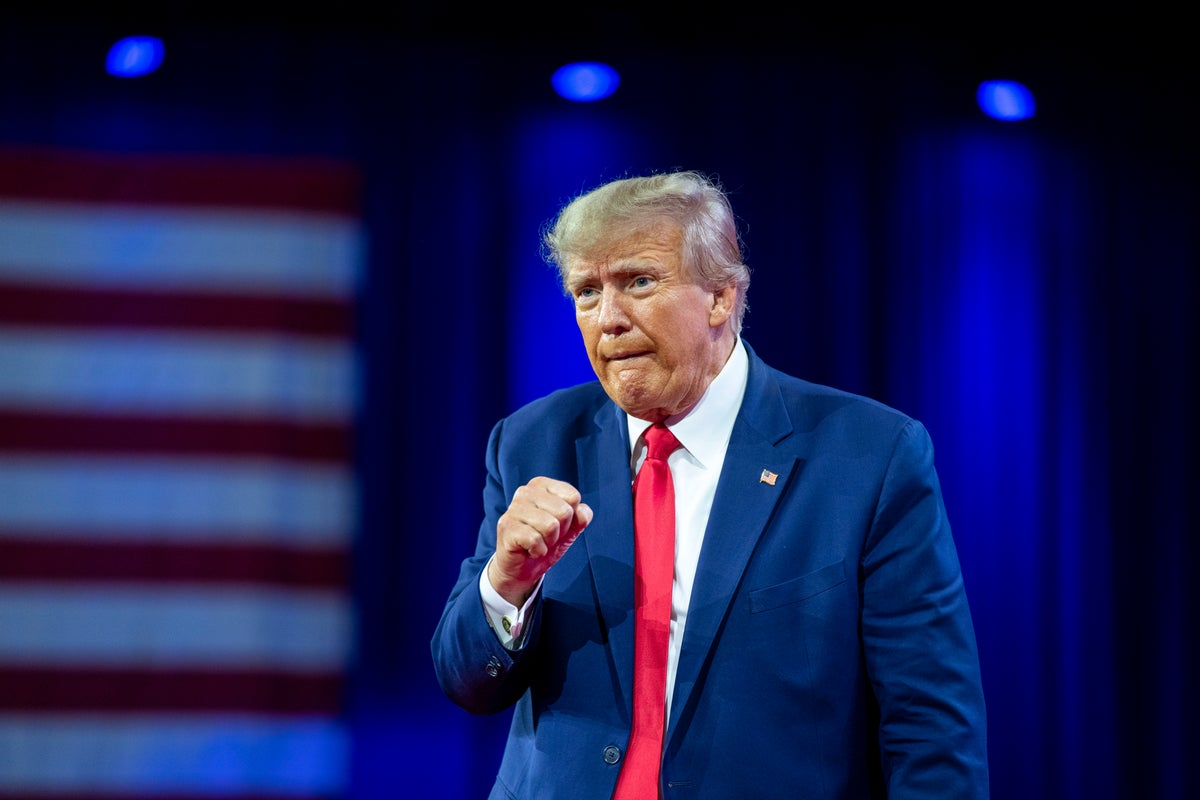
Former President Donald Trump is making unexpected campaign stops in solidly Democratic states as the 2024 election approaches, with rallies planned in California’s Coachella Valley and New York’s Madison Square Garden. While these states are unlikely to sway in his favor, Trump’s team sees potential in rallying Republican voters and boosting fundraising efforts.
Challenging Conventional Campaign Strategy
Trump’s pivot to blue states highlights a strategy that diverges from the traditional focus on swing states. Despite losing California by a significant margin in the 2020 election, he recently claimed to have more support than Vice President Kamala Harris in the state, asserting on a local radio show, “If they had an honest election in California, I think I’d win it in a landslide.”
Republicans acknowledge that winning these states outright is improbable, but they see value in mobilizing local Republican bases, particularly in light of the states’ vast populations, which house a significant number of GOP donors. Trump emphasized this sentiment, stating, “We have a lot of support in California, and I felt I owed it to them,” during a recent interview.
Highlighting Democratic Failures
The rallies provide Trump a platform to criticize the leadership of Democratic officials, such as Harris, who previously held prominent roles in California politics. Trump’s communications director, Steven Cheung, expressed that the Coachella rally aims to expose Harris’ “failing record” and showcase Trump’s proposed solutions.
The former president’s appearances in blue states are designed not only to galvanize local support but also to generate media coverage, which his campaign believes is crucial for maintaining momentum as the election nears. According to a senior Trump adviser, “The location of his rallies matters less in this nationalized media environment. The bigger the rally, the more attention it will get.”
Opposition from Local Officials
Trump’s Coachella rally was met with criticism from local officials, including Coachella Mayor Steven Hernandez, who denounced Trump’s record on issues such as immigration and LGBTQ rights, stating that his views do not represent the values of the community. Hernandez remarked, “We don’t know why Trump is visiting near Coachella, but we know he wasn’t invited by the people who live here.”
Despite this, Trump remains undeterred, believing that large crowds at his rallies signify broad national support. His strategy includes questioning the legitimacy of election outcomes if Harris wins, as he maintains a narrative of being “too big to rig.”
Upcoming Blue State Events
In addition to his Coachella rally, Trump plans to visit Illinois for an event co-sponsored by Bloomberg News and the Economic Club of Chicago, and will make a highly publicized stop at Madison Square Garden on October 27. These events are part of a broader effort to engage voters who may feel disconnected from traditional political processes.
Trump’s team has also employed unconventional campaign tactics, such as appearances on popular podcasts and streaming platforms to reach younger and less engaged demographics. Harris has adopted a similar approach, making her own appearances on various media outlets.
Criticism and Skepticism
While Trump expresses confidence in his chances in blue states, Democratic leaders remain skeptical. Colorado Senator Michael Bennet dismissed Trump’s claims, asserting that there is “no way he’s going to win the state of Colorado” and labeling his campaign efforts there as a “complete waste of his time.”
However, Trump’s strategy appears focused on leveraging issues like crime and immigration, where he believes he can resonate with voters dissatisfied with Democratic governance. During his recent rally in Colorado, he suggested extreme measures, such as expedited deportation of undocumented gang members and the death penalty for those who commit violent crimes against citizens.
Conclusion
As Trump continues his campaign through Democratic strongholds, his rallies aim to energize his base, capitalize on media attention, and critique the policies of his opponents. While the effectiveness of this strategy remains to be seen, it underscores a calculated effort to redefine engagement in the lead-up to the 2024 election.






